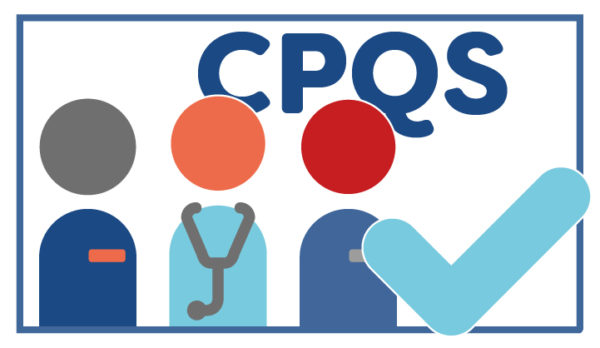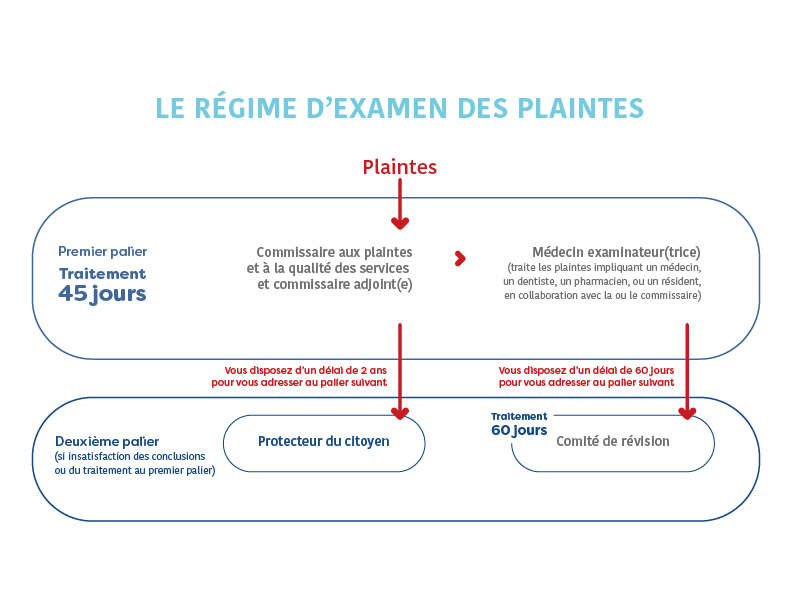Independent of the health and social services network
Ainsi, nous accompagnons et informons nos usagers en toute indépendance des commissariats aux plaintes et autres composantes du réseau de la santé. Nous sommes au service des citoyens.
Le rôle du CAAP dans le réseau de la santé et des services sociaux est reconnu dans les articles 76.6 et 76.7 de la LSSSS.
Excerpt from the Act respecting health services and social services (ARHSSS)
76.6. Le ministre doit […] confier à un organisme communautaire de la région le mandat d’assister et d’accompagner, sur demande, les usagers qui y résident et qui désirent porter plainte auprès d’un établissement de cette région […].
76.7. [L’organisme] a pour fonctions, sur demande, d’assister l’usager dans toute démarche qu’il entreprend en vue de porter plainte auprès d’un établissement, d’une agence ou du Protecteur des usagers et de l’accompagner pendant la durée du recours, y compris lorsque la plainte est acheminée vers le conseil des médecins, dentistes et pharmaciens d’un établissement. Il informe l’usager sur le fonctionnement du régime de plaintes, l’aide à clarifier l’objet de la plainte, la rédige au besoin, l’assiste et l’accompagne, sur demande, à chaque étape du recours, facilite la conciliation avec toute instance concernée et contribue, par le soutien qu’il assure, à la satisfaction de l’usager ainsi qu’au respect de ses droits.
Source : Publication Québec


